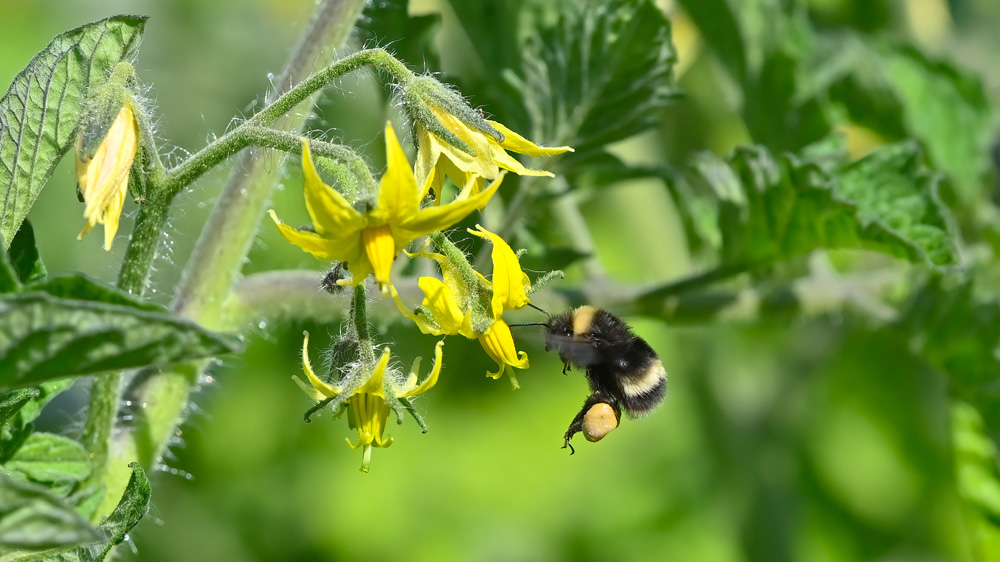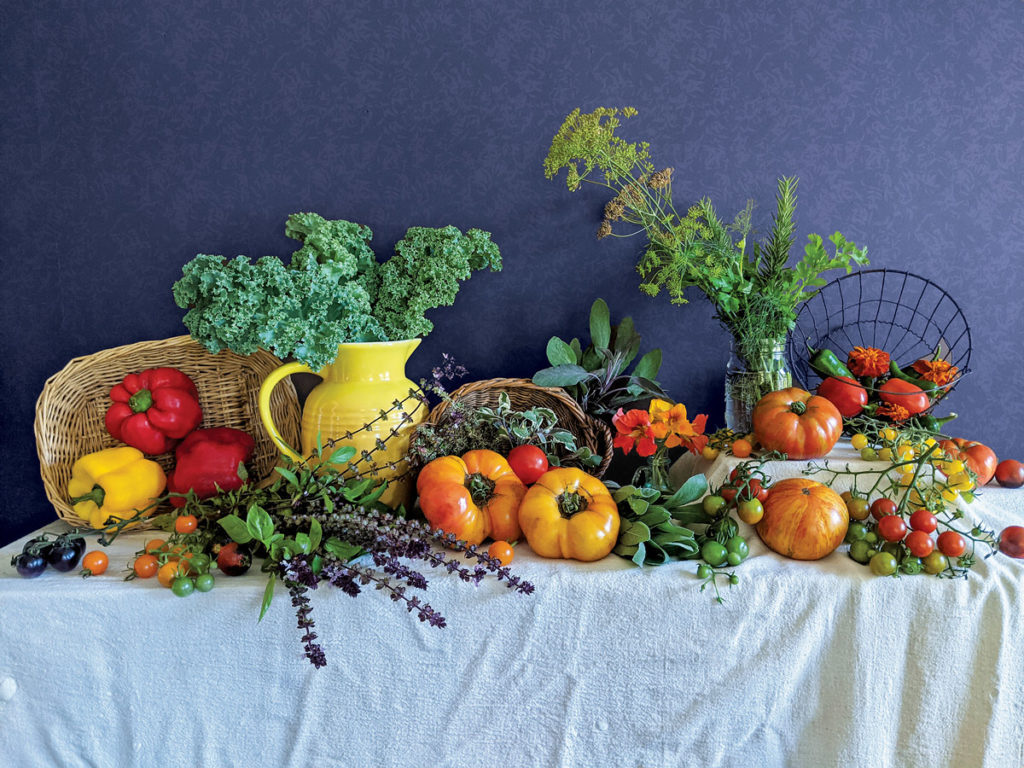
Everyone should experience the pleasures that come from planting and tending a kitchen garden. Whether you farm a large patch or keep a few herbs in pots on the patio or balcony, the rewards are immense: the taste of a sun-warmed Tomato picked straight from the vine, the aroma of fresh Basil, Mint, and Thyme snipped and brought into the kitchen, a bounty of vegetables you most favor to create delicious meals in summer and fall. What’s for dinner tonight? Step outside your door and see.
The fruit and vegetable seedlings we offer produce crops that generally cannot be found at your local supermarket. We choose varieties from a vast world of seed sources that we believe are especially rewarding for the home grower. Our Tomato, berry, and vegetable selections are favorites for great flavor, texture, and high yields. All are non-GMO and pesticide-free. These varieties were not bred to withstand the rigors of mass production, pesticide use, mechanical harvesting, crating, shipping, and extended shelf life. They are best picked and eaten when fresh and ripe. One taste, and we promise you’ll know the difference.
White Flower Farm’s Nursery Manager Barbara Pierson plants and tends our Kitchen Garden where each selection is rigorously trialed and tested. Only the varieties that meet our high standards are offered to you.
As you plan your kitchen garden, Barb has a few tips to offer:
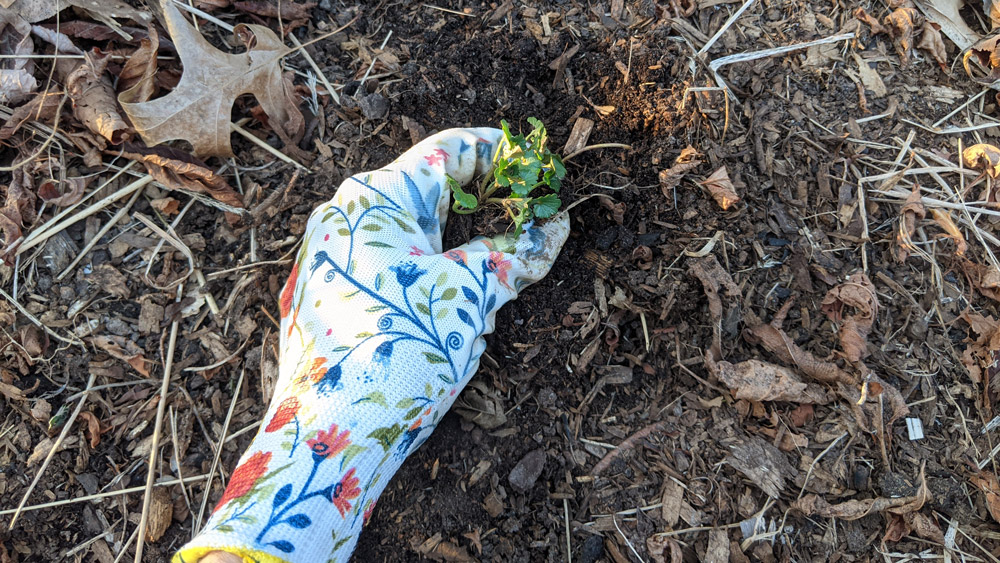
If you have a garden bed, take the time early in the season (preferably before planting) to pull out and discard any weeds and to amend the soil with nutrients found in aged compost. The payoff will come with higher yields.
You don’t need a large garden to grow your own vegetables and fruits. Many of the Tomato, vegetable, and fruit varieties we offer can be potted in containers and raised beds. They are a boon for small-space gardeners. Waist-level raised beds are great for all ages because they help eliminate back strain.
Pictured: VegTrug Raised Bed, natural
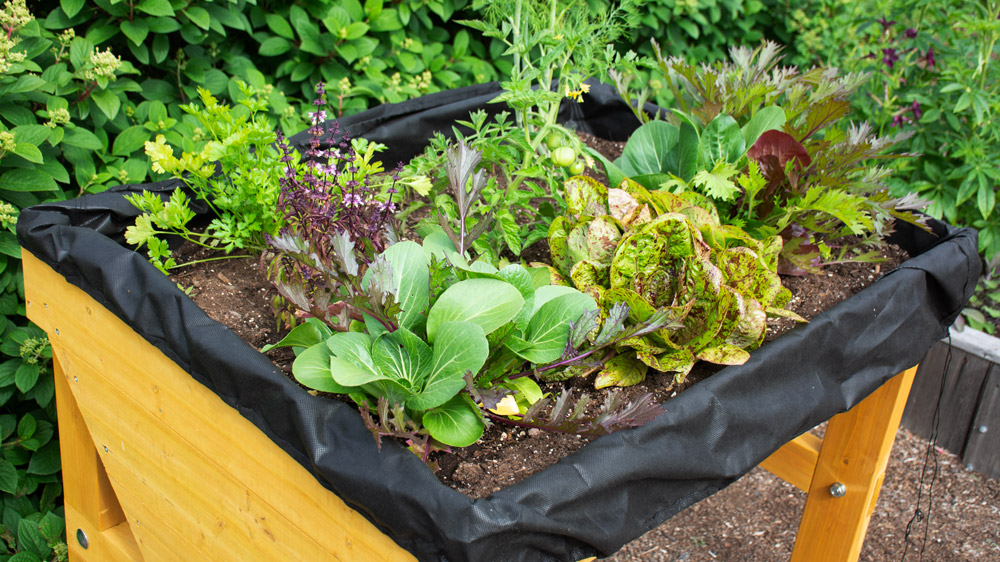
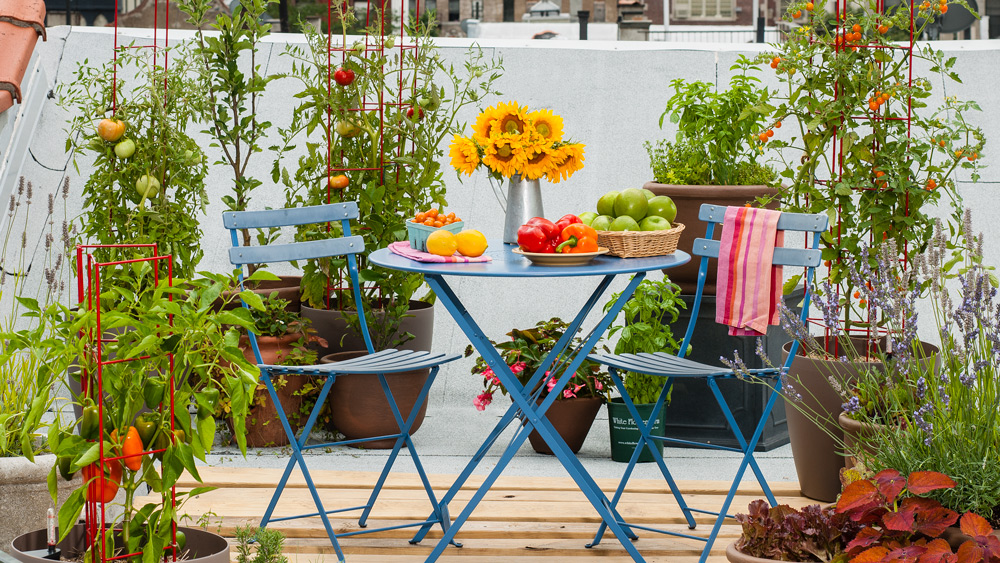
If you do grow Tomatoes and vegetables in containers, make sure to start with clean potting soil enriched with compost. Starting fresh ensures better fruit production and eliminates the buildup of any diseases from previous seasons.
Remember to space your plants according to label recommendations. This ensures good air circulation and access to sunlight. Crowding your plants can promote disease.
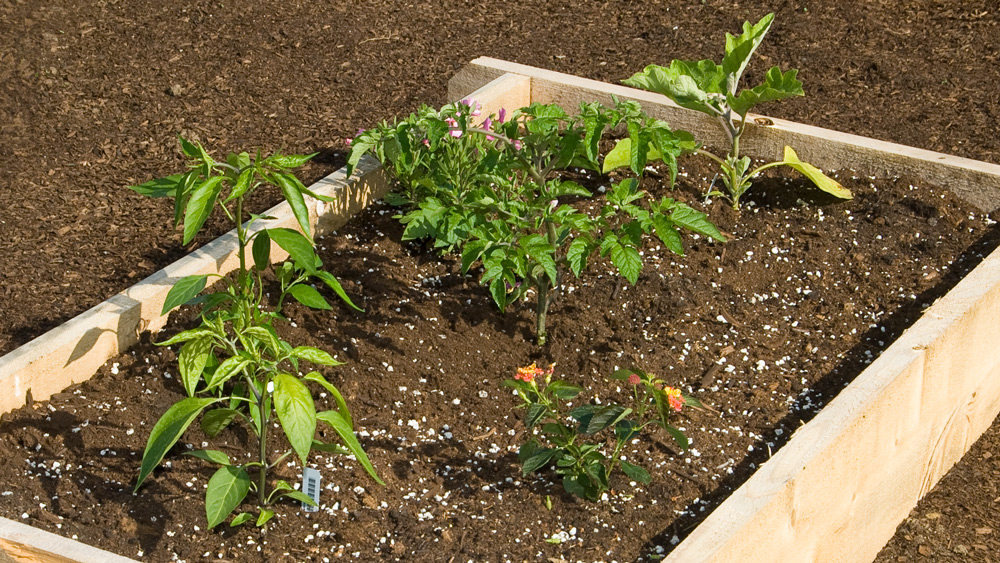
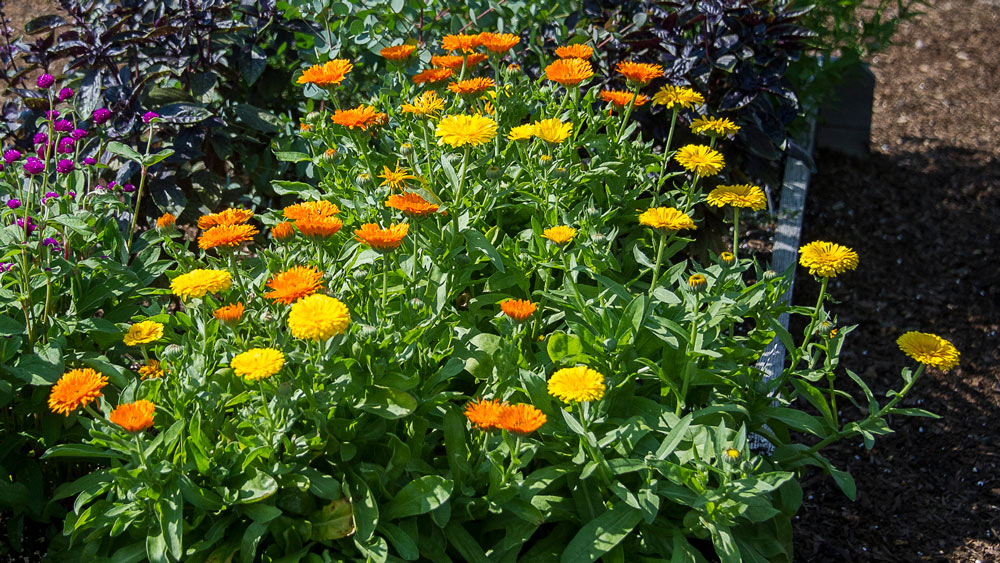
Add Zinnias, Marigolds, Calendulas, and other edible flowers to your vegetable garden and use them along with fresh herbs for flavor and plating. They make mealtime delicious and beautiful.
Pollinators are essential to the production of crops. They adore vegetable blossoms (Tomatoes and Squash are two of their favorites). Herbs such as Mint also produce flowers that help nourish some of Nature’s smallest creatures. Welcome the company of pollinators in your kitchen garden and allow them to feed as they help feed us.
